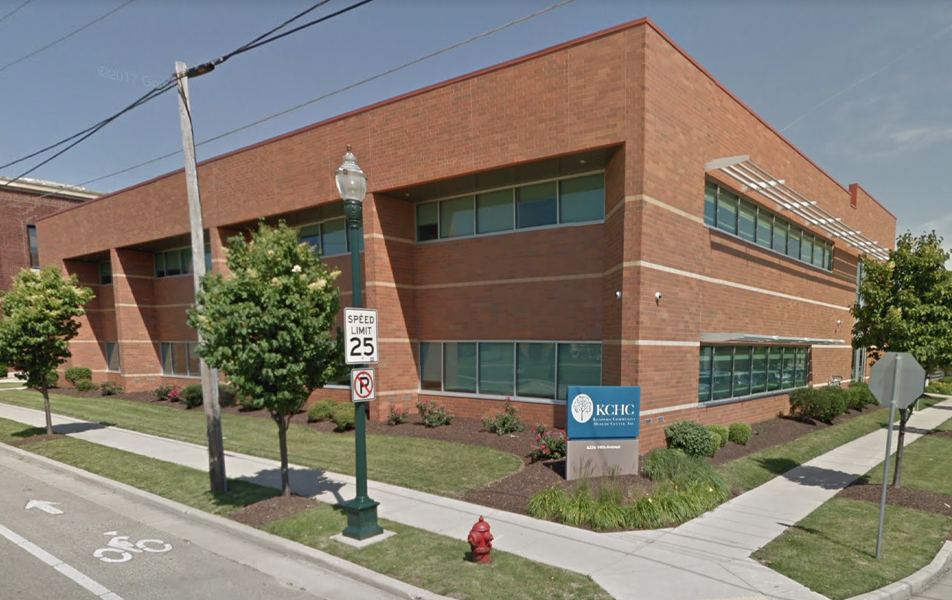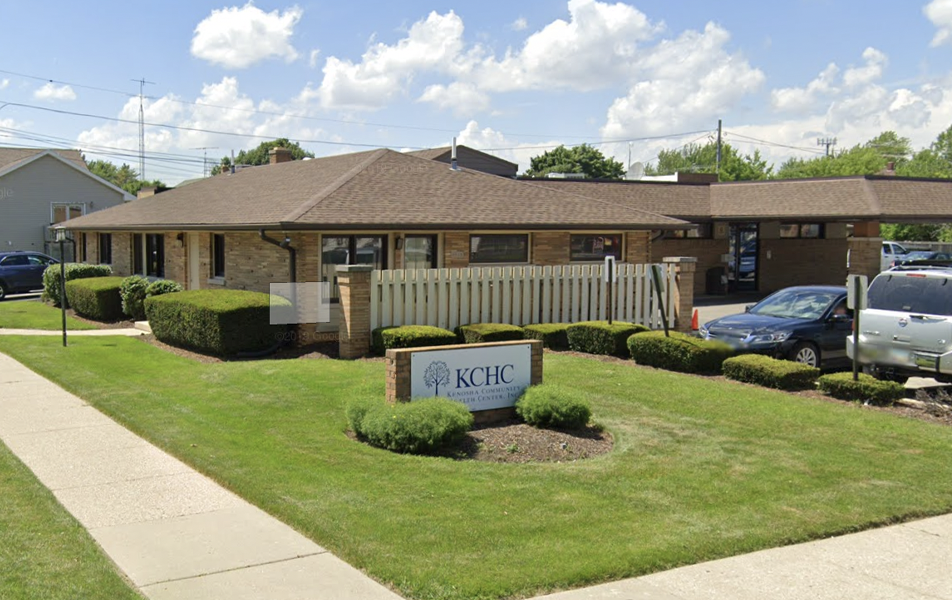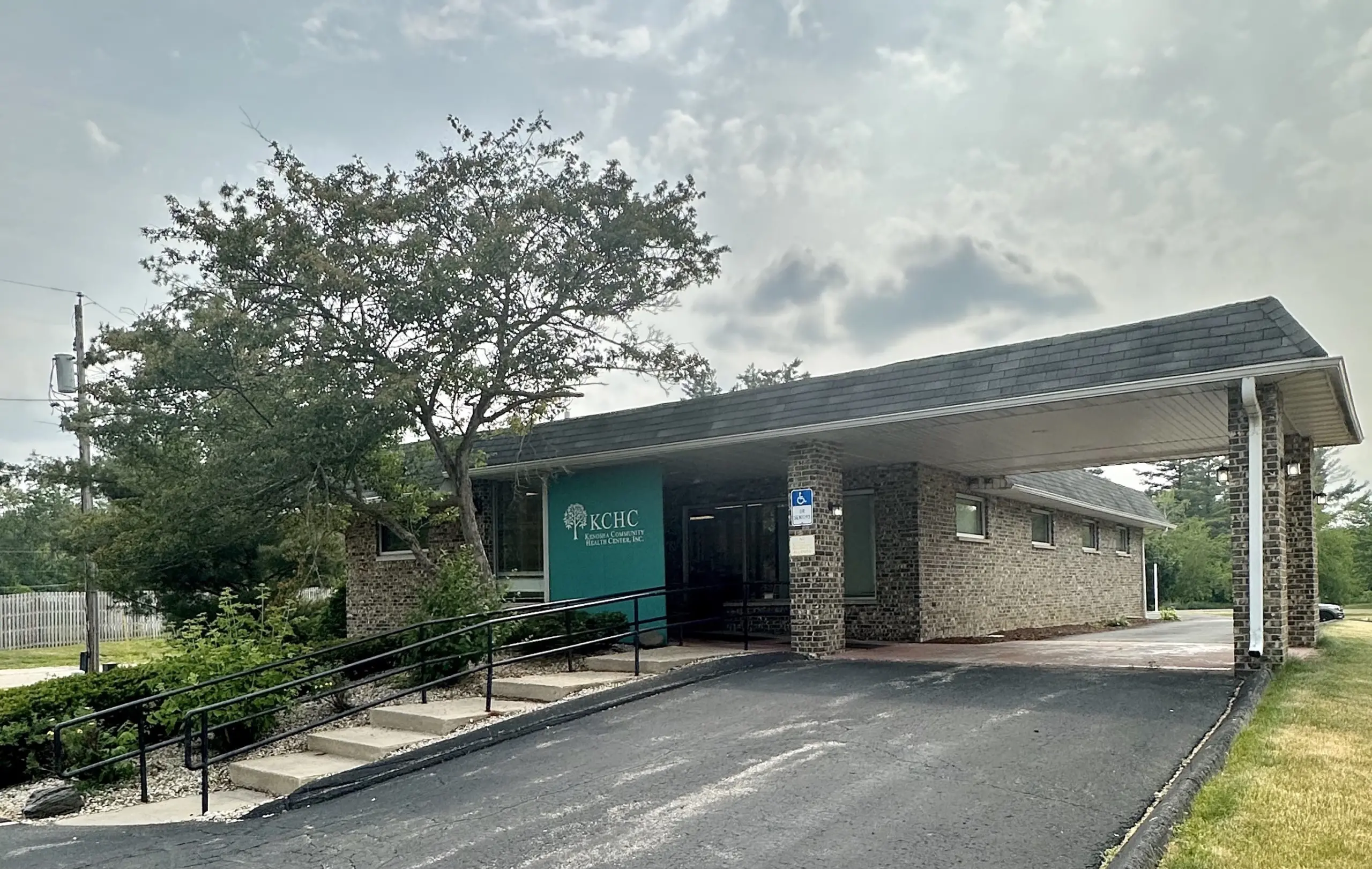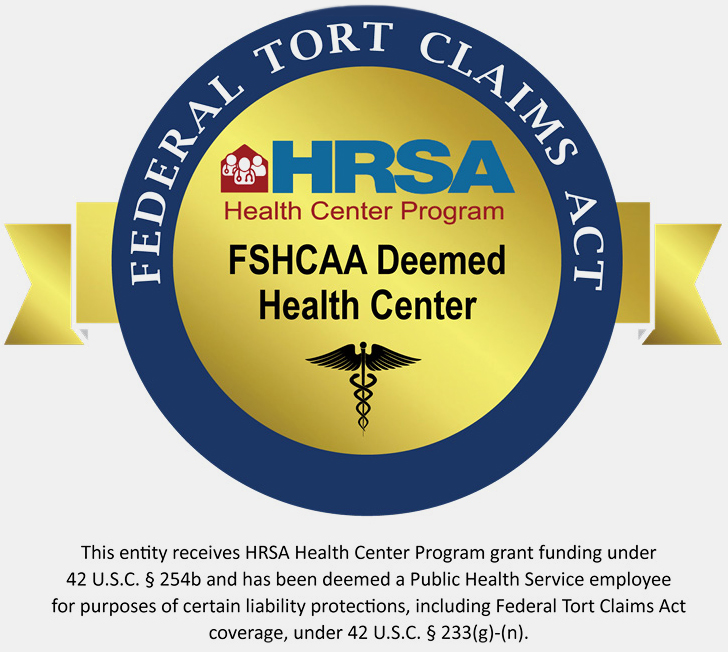
Mes de sensibilización sobre el cáncer de cuello de útero: Lo que hay que saber
El cáncer de cuello de útero es un problema de salud grave, pero también es uno de los tipos de cáncer que más se pueden prevenir. Saber cómo protegerte, cuándo someterte a las pruebas de detección y reconocer las señales de alarma puede marcar una gran diferencia a la hora de mantenerte sano. Desglosémoslo.
¿Qué es el cáncer de cuello de útero?
El cáncer de cuello uterino se produce cuando las células del cuello uterino crecen de forma anormal y se propagan. La causa principal es un virus llamado VPH (virus del papiloma humano), que es muy común. La mayoría de las infecciones por VPH desaparecen por sí solas, pero algunas pueden causar problemas como el cáncer de cuello uterino.
¿Quién corre peligro?
- Edad: La mayoría de los casos de cáncer de cuello uterino se dan en mujeres de entre 35 y 44 años, pero pueden aparecer a cualquier edad.
- Datos demográficos: Las mujeres hispanas son las más propensas a padecer cáncer de cuello uterino, seguidas de las negras. Las revisiones periódicas pueden ayudar a detectarlo precozmente.
¿Cuáles son las señales de alarma?
El cáncer de cuello uterino puede no causar síntomas al principio, por eso son tan importantes las revisiones periódicas. Si aparecen síntomas, pueden incluir:
- Sangrado inusual o manchado entre períodos o después de mantener relaciones sexuales.
- Dolor durante las relaciones sexuales.
- Flujo vaginal de aspecto u olor inusuales.
- Dolor en el bajo vientre o la pelvis.
Si nota alguno de estos síntomas, ponte en contacto con tu médico inmediatamente.
Actúa por tu salud
Llame directamente a Pillar Health o a Kenosha Community Health Center a cualquiera de nuestras 4 oficinas para concertar una cita hoy mismo.
- Clínica Pillar Health Kenosha: (262) 771-1700
- Clínica Kenosha de la Avenida 14: (262) 771-1688
- Clínica Kenosha de la Avenida 22: (262) 771-0070
- Clínica Silver Lake de la calle 2: (262) 771-1963
Hazte las pruebas de Papanicolaou y del VPH para detectar el cáncer de cuello de útero que es muy importante para mantener la salud. Protégete y toma las riendas de tu bienestar en este Mes de Sensibilización sobre el Cáncer de Cuello de Útero.
CÓMO PREVENIR EL CÁNCER DE CUELLO DE ÚTERO
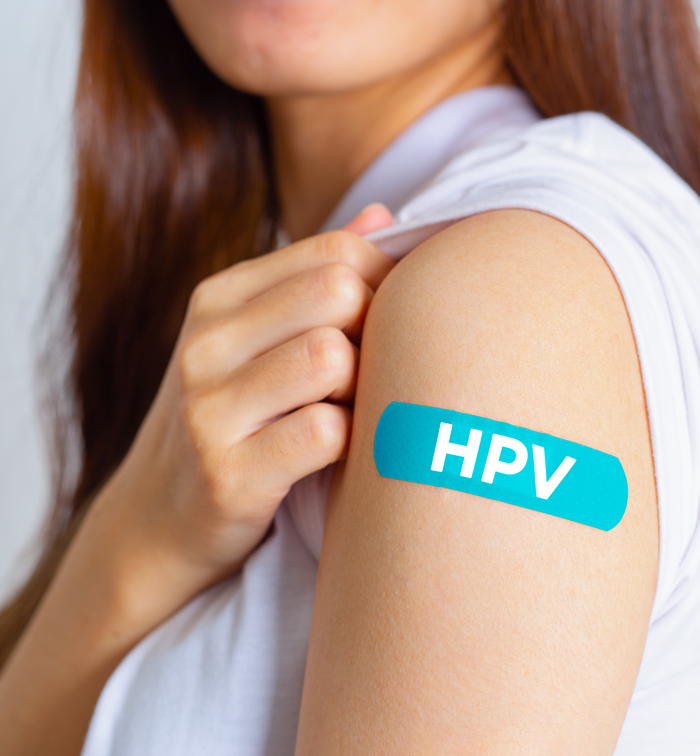
Vacúnate contra el VPH: Recomendada para todas las personas de 9 a 26 años. Funciona mejor cuando se administra a preadolescentes antes de que se expongan al virus. Si tienes más de 26 años, habla con tu médico sobre si la vacuna es adecuada para ti.
Revisiones periódicas: Las pruebas de Papanicolaou y del VPH pueden detectar cambios en el cuello uterino antes de que se conviertan en cáncer.
- De 21 a 29 años: prueba de Papanicolaou cada 3 años.
- De 30 a 65 años: Prueba de Papanicolaou y prueba del VPH cada 5 años (o sólo una prueba de Papanicolaou cada 3 años).
- Mayores de 65años: puede que no sea necesario someterte a pruebas de cribado si tus resultados han sido normales durante varios años.
Practica hábitos seguros: Utiliza preservativos durante las relaciones sexuales para reducir el riesgo de contraer el VPH. Evita fumar, ya que aumenta el riesgo de cáncer de cuello uterino.
Por qué son importantes el cribado y la vacunación
La detección precoz salva vidas. Las pruebas periódicas de Papanicolaou y del VPH pueden detectar cambios en el cuello uterino antes de que se conviertan en cáncer. La vacuna contra el VPH es una poderosa herramienta de protección contra el virus que causa la mayoría de los cánceres de cuello uterino.
No espere para programar su cita.
Kenosha Community Health Center tiene muchas opciones de citas en Kenosha y Silver Lake para satisfacer sus necesidades.
Haga una Cita

